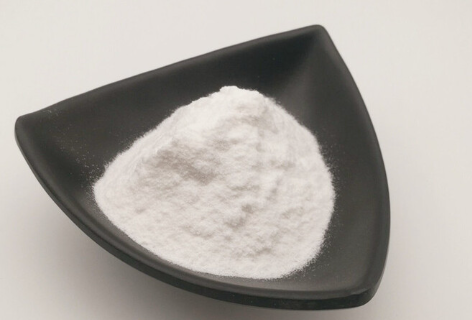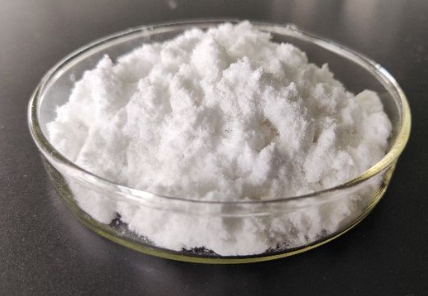Sodium alginate is one of the best-known members of the hydrogel group. The hydrogel is a water-swollen, and cross-linked polymeric network produced by the simple reaction of one or more monomer . The ability of hydrogels to absorb water arises from hydrophilic functional groups attached to the polymeric backbone, while their resistance to dissolution arises from cross-links between network chains.


Sodium alginate is a naturally occurring anionic polymer typically obtained from brown seaweed, it consists of mannuronic (M) and guluronic (G) acids arranged in different combinations (fig. 1) such as blocks rich in either M or G units, or blocks of alternating G and M units . In the presence of divalent Ca2+ cations, the guluronic acids from nearby chains form ionic crosslinks resulting in alginate hydrogel. The ratio of M and G units defines the physicochemical properties of the hydrogel.




